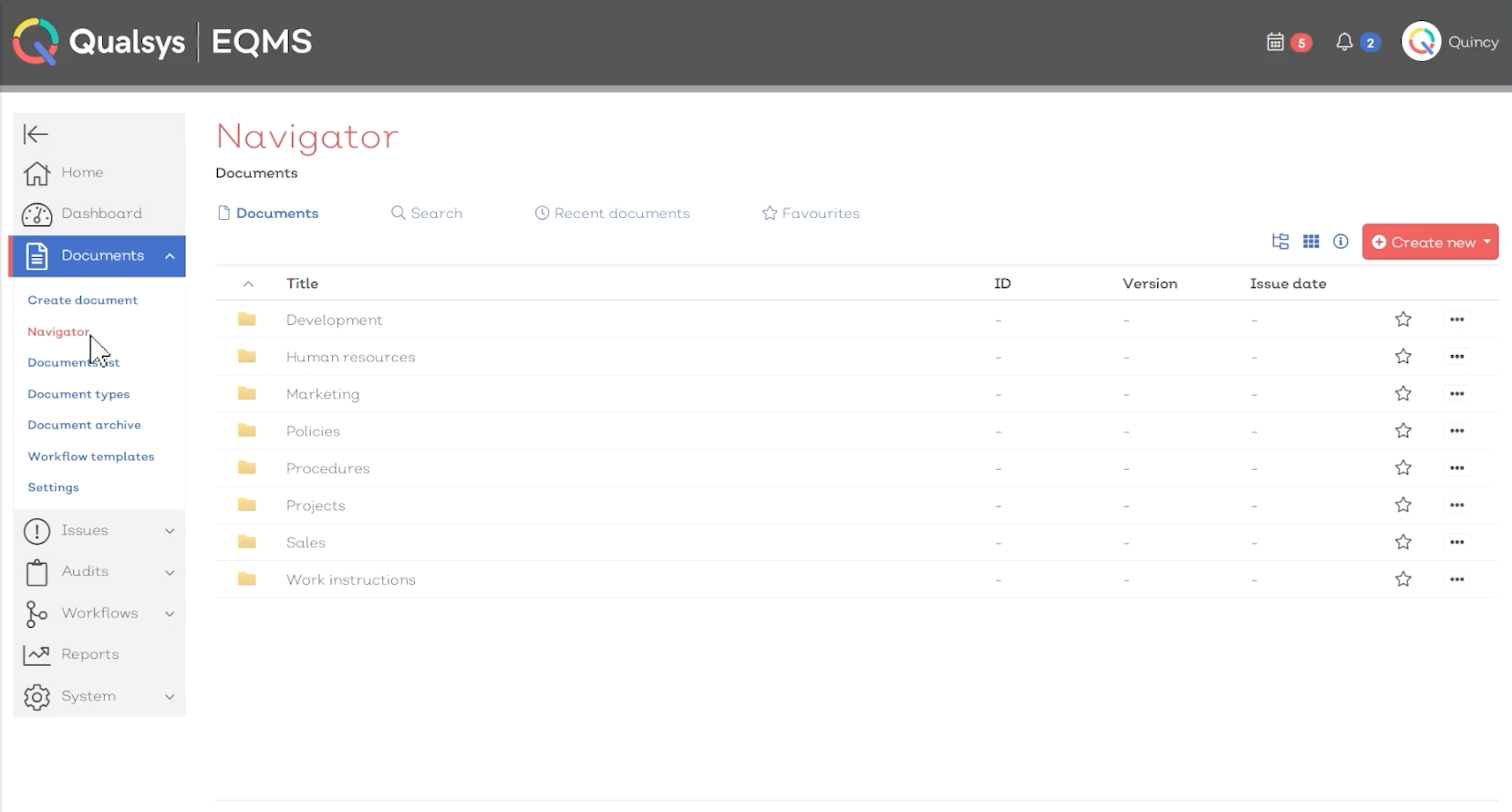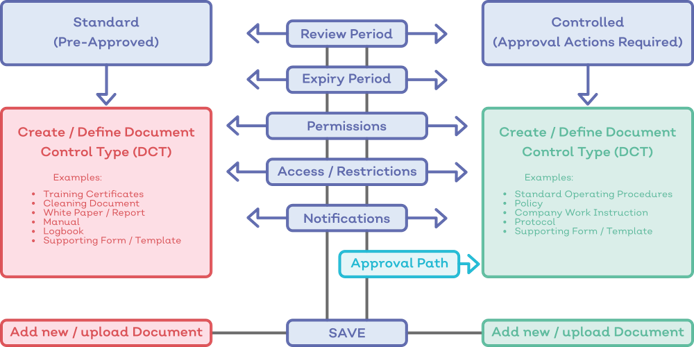Want to contribute to this article?
6 Lessons Learned: How British Cycling And Sky Medical Proved The Importance Of Document Control
Olympic medallist and member of the British Cycling team, Bradley Wiggins, has been under fire over the possibility of the use of performance enhancing drugs. The delivery of a jiffy bag without clear records of the contents – despite clearly being a medical product – has brought into question what he was taking. However, Wiggins’ doctor, Dr Richard Freeman, maintains that he lost the laptop on which medical records – including inventories – were held.

There are several lessons to be learned from the very public investigation, centred around document control.
#1: No centralised hub resulted in lost records
A critical error by Dr. Freeman and the Sky Medical team was the practice of medical records and related information not being held in a central hub. The laptop Bradley Wiggins’ records were held on was reportedly stolen in Greece in 2014.
#2: No separate records for multiple medication inventories
A further problem complicating matters was Dr. Freeman’s position within both Sky Medical and the British Cycling Team. Employed separately by both, he stored medications in one place for both employers, with no clear record of inventories kept separately.
#3: No access to other rider’s records
One suggested possibility for the questioned drug provided to Wiggins in a jiffy bag via courier was Kenalog, a legal drug allowed on prescription. However, many riders at the Manchester Velodrome, where the medication store was held, also had valid prescriptions for the drug. Without access to records from a central point, investigators cannot determine who else had a valid prescription to account for any missing Kenalog from the stores.
#4: UKAD request for independent doctor requires access to records
The UK Anti-Doping committee requested via the General Medical Council that an independent doctor was able to access Bradley Wiggins’ medical records after Dr. Freeman cited doctor-patient confidentiality as a reason preventing the disclosure of information. With incomplete records due to the lost laptop, any audit of Wiggins’ medical history would be incomplete.
#5: Over 1000 man hours to date taken up by investigation
Without a clear audit trail, the investigation has been opened up to provide a clearer picture. This has involved over 1,000 man hours to date, with interviews taking place with 34 current and former riders of the British Cycling Team.
#6: Admission that policies were not followed ‘by all’
Despite clear anti-doping governance strategies by Team Sky, the investigation has revealed a clear negligence of all staff adhering to the policies. The admission that not all policies are followed has put Team Sky and the British Cycling Team under pressure to demonstrate continued ongoing governance to address the problem. By admitting that not all staff were following policies, Team Sky have held their hands up to a potentially very expensive liability: with a clear acknowledgement process in place, the responsibility would have been on the individual breaking the policy instead of the organisation.
How to prevent similar damage to your reputation
The reputation of British Cycling and Team Sky has been described as ‘in tatters’. The key problem in the entire case is the lost medical records – proof that you could avoid such a public assault on your business reputation with a controlled, centralised documentation management system.
Request a demo of EQMS Document Manager to find out more about protecting your reputation with essential software.









Share your thoughts on this article